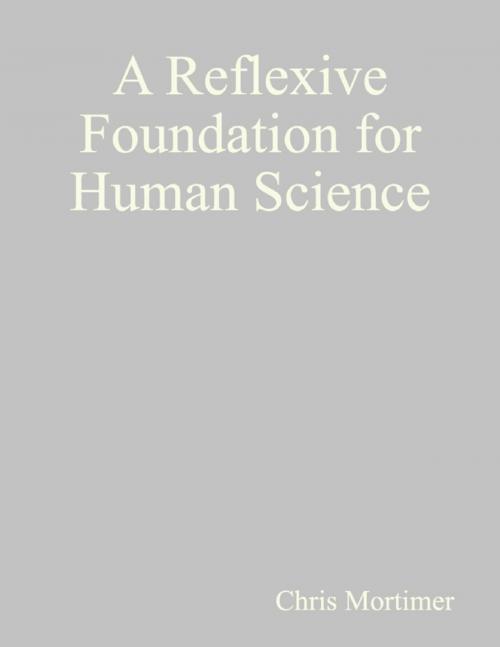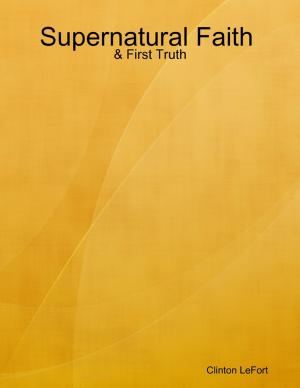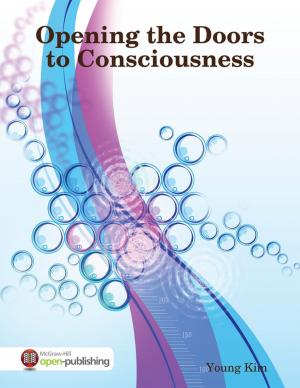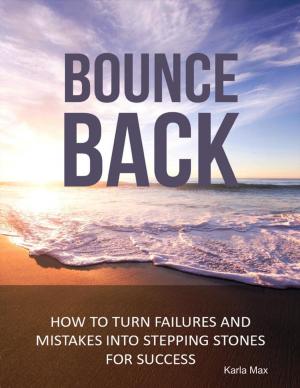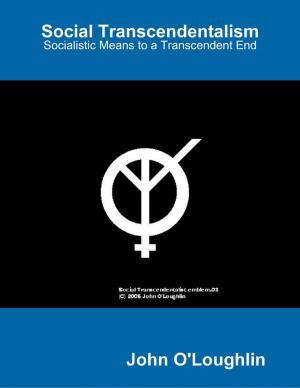| Author: | Chris Mortimer | ISBN: | 9781326340728 |
| Publisher: | Lulu.com | Publication: | July 3, 2015 |
| Imprint: | Lulu.com | Language: | English |
| Author: | Chris Mortimer |
| ISBN: | 9781326340728 |
| Publisher: | Lulu.com |
| Publication: | July 3, 2015 |
| Imprint: | Lulu.com |
| Language: | English |
The 4th edition of this book. We cannot observe us being us as such in the external world. We can only be us. We can observe us being us purely reflexively, through experiencing ourselves occurring, which can lead to reconstruction and construction. The reflexive reconstruction generates the concept of unitary mechanism, and through this, the minimal and encompassing definitions of human being. The reflexive reconstruction answers reflexive need, enabling us to 'be scientifically'. The reflexive reconstruction generates the clarified awareness of the significance in science of the concepts of being and value/power, and the clarified awareness of the way the difference grounds make works in our being-process. For us, in self-application, in issues of ‘how to be it’, the reflexive reconstructive knowledge of ‘how it is’, the reflexive foundation for human science, is, in turn, a useful and stabilizing, centering and critical, construction, ground, and basis for reflexive therapy.
The 4th edition of this book. We cannot observe us being us as such in the external world. We can only be us. We can observe us being us purely reflexively, through experiencing ourselves occurring, which can lead to reconstruction and construction. The reflexive reconstruction generates the concept of unitary mechanism, and through this, the minimal and encompassing definitions of human being. The reflexive reconstruction answers reflexive need, enabling us to 'be scientifically'. The reflexive reconstruction generates the clarified awareness of the significance in science of the concepts of being and value/power, and the clarified awareness of the way the difference grounds make works in our being-process. For us, in self-application, in issues of ‘how to be it’, the reflexive reconstructive knowledge of ‘how it is’, the reflexive foundation for human science, is, in turn, a useful and stabilizing, centering and critical, construction, ground, and basis for reflexive therapy.
